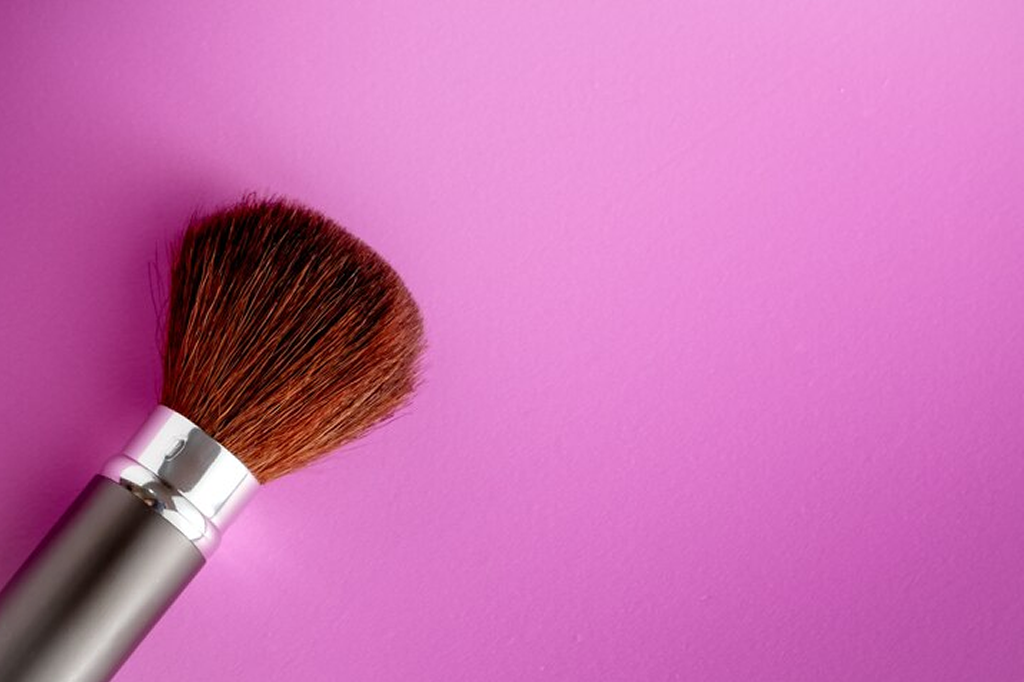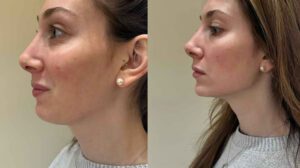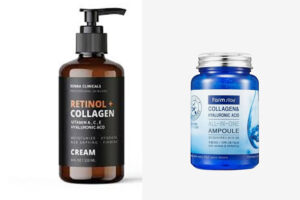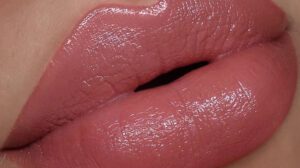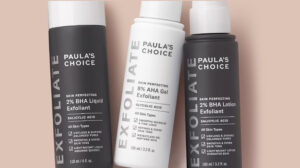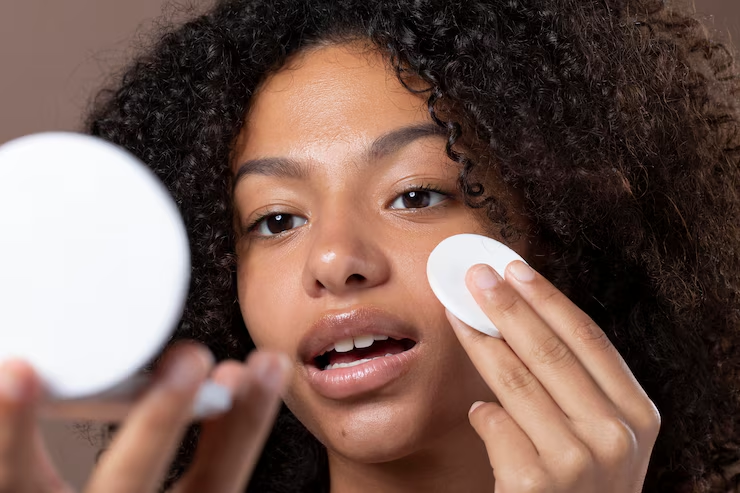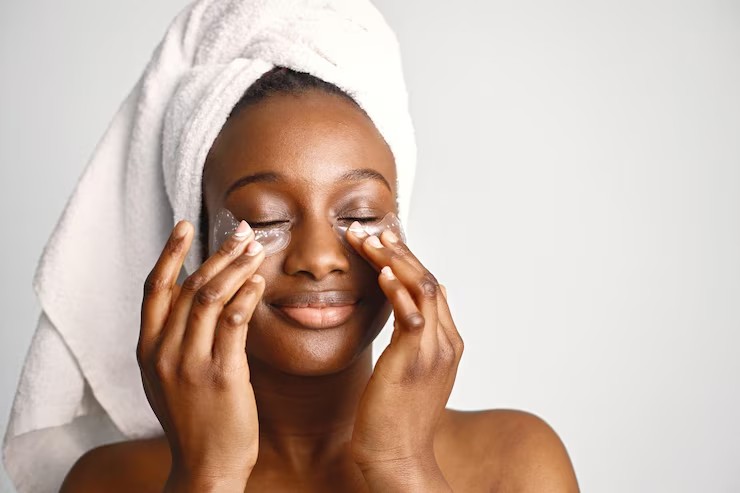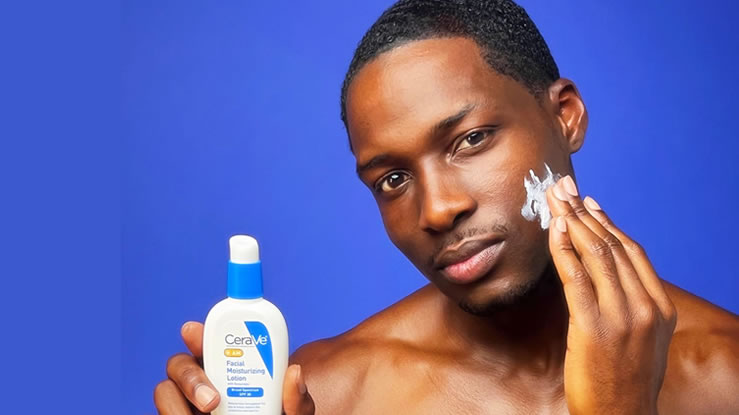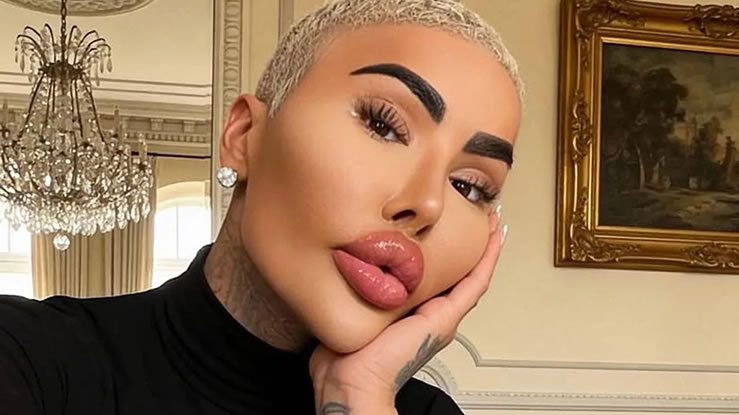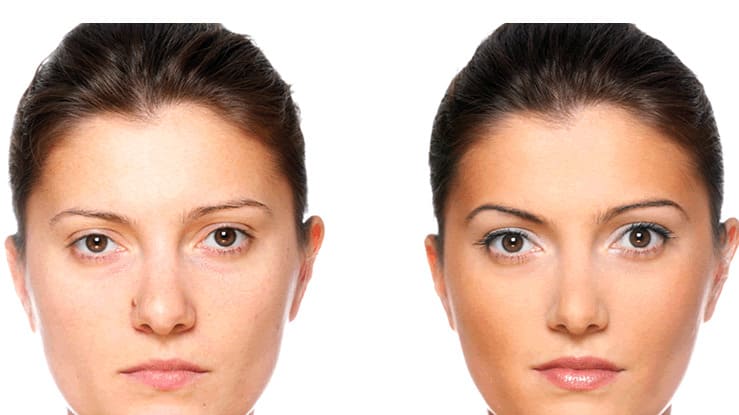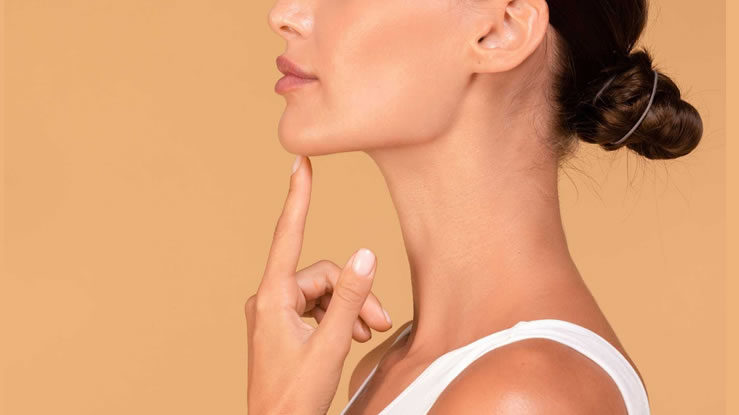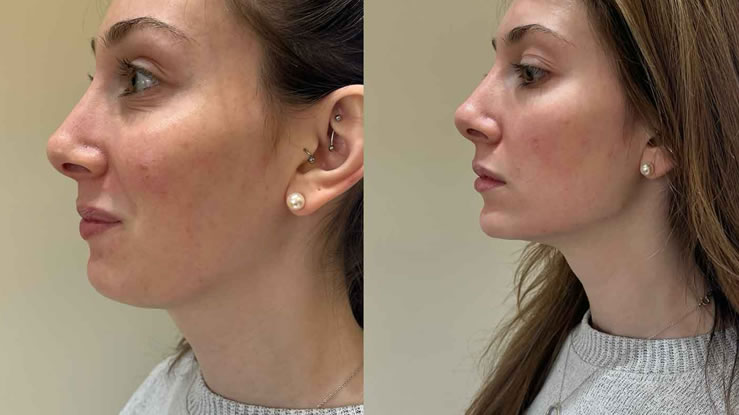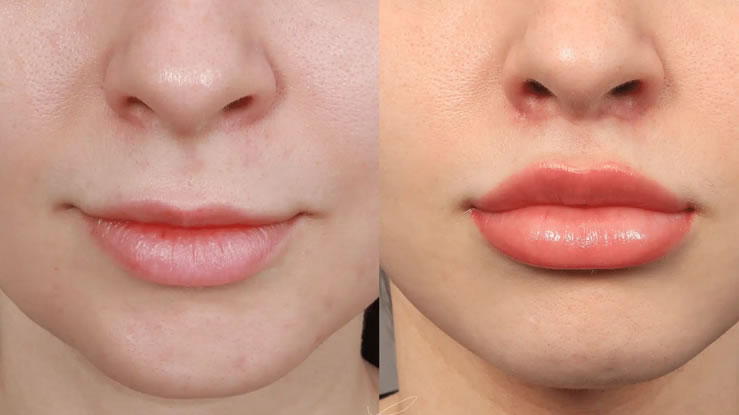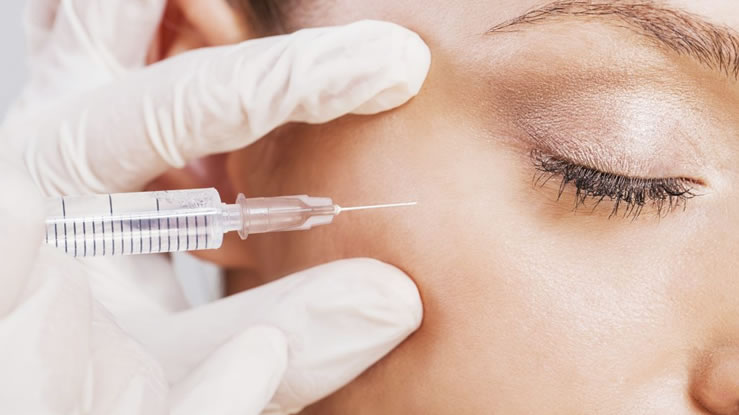Cleaning your makeup brushes is essential for maintaining good hygiene, ensuring flawless makeup application, and prolonging the life of your brushes. However, many people make mistakes during the cleaning process that can damage the brushes, shorten their lifespan, or cause skin problems. Here are some things you should never do when cleaning your makeup brushes.
Don’t Soak the Entire Brush
One of the biggest mistakes is soaking the entire brush in water. While it might seem like an efficient way to clean them, soaking can damage the brush’s handle and weaken the glue that holds the bristles in place. Over time, this can lead to shedding bristles or the handle detaching from the ferrule (the metal part of the brush).
- What to Do Instead: Only wet the bristles, keeping water away from the base where the bristles meet the handle.
Don’t Use Hot Water
Using hot water might seem like a good idea for deep cleaning, but it can be harmful. Hot water can cause the bristles to lose their shape and break down the glue holding the bristles together, leading to shedding and a shorter brush lifespan.
- What to Do Instead: Use lukewarm water. It’s gentle enough to clean effectively without damaging the bristles or the glue.
Don’t Use Harsh Detergents
Using harsh cleaning agents like dish soap or household cleaning products can strip your brushes of their softness and cause bristle damage. These cleansers can also irritate your skin when you use the brushes after cleaning.
- What to Do Instead: Stick to gentle brush cleansers, baby shampoo, or cleansers designed specifically for makeup brushes. These are formulated to clean effectively without being too harsh.
Don’t Rub the Brushes Too Harshly
Vigorously rubbing your brushes to remove makeup residue can cause the bristles to break, shed, or lose their shape. It can also lead to uneven bristle wear, making your brush less effective.
- What to Do Instead: Gently swirl the brush on your hand or a textured brush-cleaning mat. This allows you to clean thoroughly without damaging the bristles.
Don’t Forget to Rinse Thoroughly
Leaving soap residue in your brushes can clog the bristles, cause them to stiffen, and even lead to skin irritation when you apply makeup. It also makes the brush less effective at picking up and distributing makeup evenly.
- What to Do Instead: After cleaning, rinse the brushes thoroughly until the water runs clear. Ensure there’s no soap or cleanser left in the bristles before you lay them out to dry.
Don’t Stand Brushes Upright to Dry
Drying brushes upright may seem convenient, but it allows water to seep into the ferrule, where it can loosen the glue holding the bristles. This weakens the structure of the brush and can lead to shedding.
- What to Do Instead: Lay your brushes flat to dry, or hang them with the bristles facing downward to prevent water from reaching the handle and ferrule.
Don’t Use a Hair Dryer or Direct Heat
Using a blow dryer or leaving brushes near a heater might seem like a fast way to dry them, but the heat can damage both the bristles and the handle. Synthetic bristles can melt or warp, and natural bristles can become brittle.
- What to Do Instead: Let your brushes air dry naturally. If you need them to dry faster, pat them with a clean towel to remove excess water before laying them flat.
Don’t Skip Regular Cleaning
Not cleaning your brushes regularly allows bacteria, oils, and makeup residue to build up. This not only affects the performance of the brush but can also cause skin issues like breakouts or infections.
- What to Do Instead: Clean your brushes at least once a week if you use them frequently. For brushes used with creams or liquids (like foundation or concealer), aim for even more frequent cleaning.
Don’t Neglect Brush Storage After Cleaning
Storing brushes while they’re still wet can lead to mold growth, and throwing them into a bag or drawer before they’re fully dry can ruin their shape.
- What to Do Instead: Allow brushes to fully dry in a clean, well-ventilated area before storing them. You can use brush guards to help maintain their shape.
Cleaning your makeup brushes is a vital step in maintaining both your brushes and your skin’s health, but it’s important to avoid common mistakes that can damage the bristles or shorten the lifespan of your tools. By following proper cleaning techniques and avoiding these pitfalls, your makeup brushes will stay in great condition and last longer, while ensuring flawless application and healthy skin.

